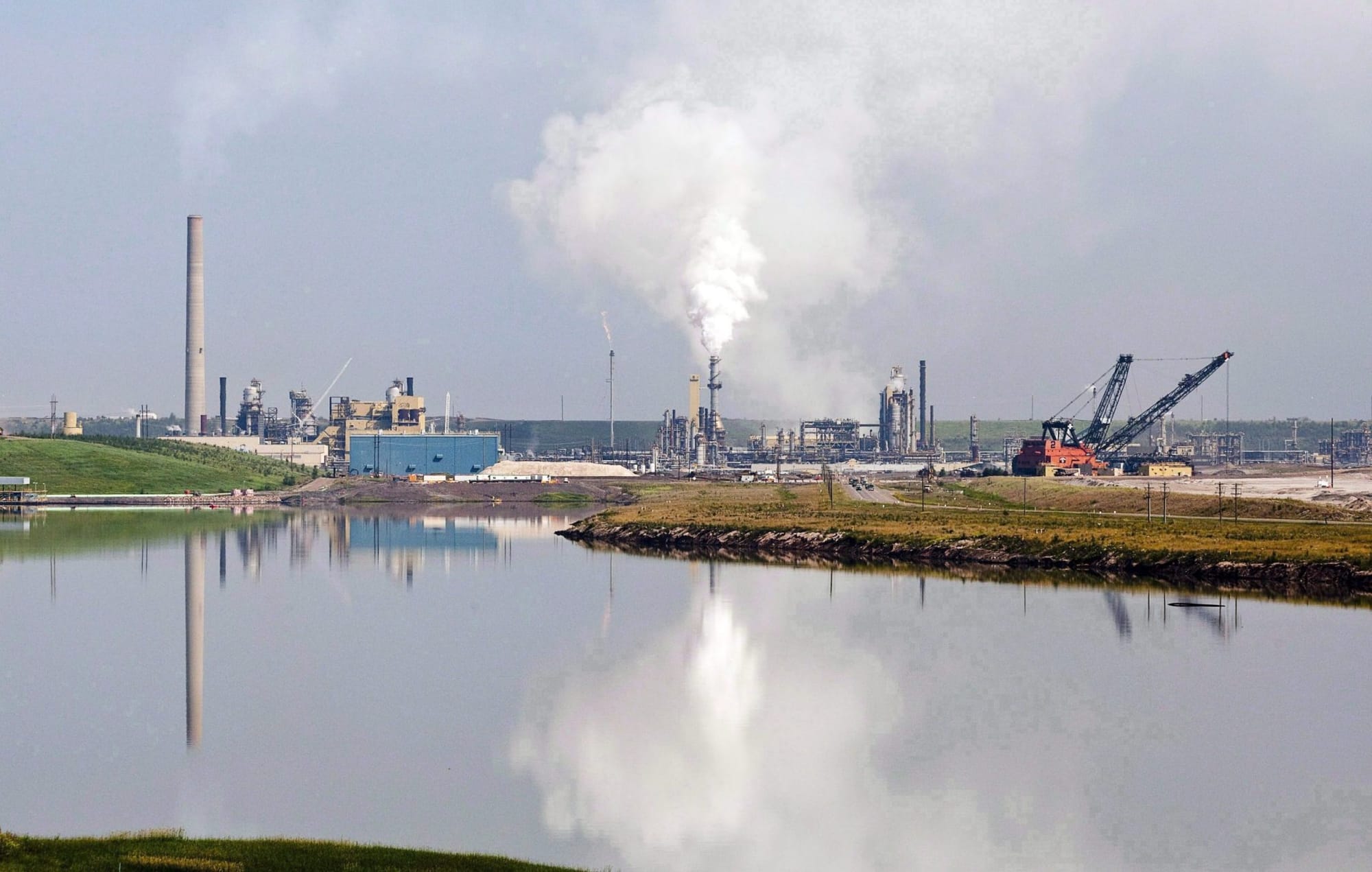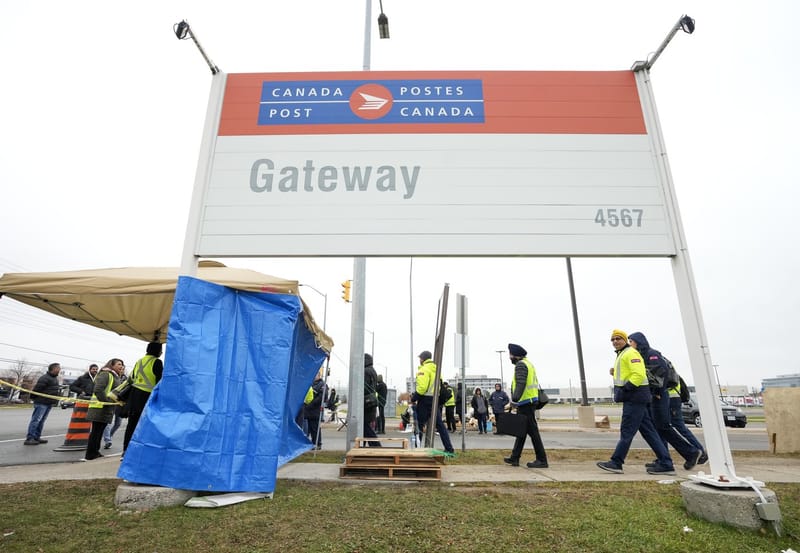Think tank: The oilsands industry is still under pressure despite the greenwashing law's silence
This silence follows the federal government’s amendment to Canada’s Competition Act, which introduced new anti-greenwashing provisions.

Canada’s oilsands sector continues to face pressure to lower its greenhouse gas emissions, even as companies have scaled back their public communications following new anti-greenwashing legislation.
The Pathways Alliance, a group of six companies committed to reaching net-zero greenhouse gas emissions from oilsands production, has remained notably quiet since June.
This silence follows the federal government’s amendment to Canada’s Competition Act, which introduced new anti-greenwashing provisions.
The Pembina Institute, a clean energy think tank, believes that concerns about the new law should not delay the Pathways Alliance from moving forward with its proposed $16.5 billion carbon capture and storage project.
“The greenwashing legislation doesn’t prevent announcing final investment decisions on carbon capture or emissions reduction projects,” stated Matt Dreis, Pembina’s senior oil and gas analyst. “To lead in this sector, we need to complete projects like this.”
The Pathways Alliance initially proposed the extensive carbon capture and storage network in northern Alberta three years ago to cut emissions from oilsands sites.
While the consortium has filed several regulatory applications, it has not yet made a final investment decision on the project.
Following the passage of the new greenwashing rules, which mandate businesses to substantiate their environmental claims with adequate evidence, the industry group removed nearly all content from its website.
The new legislation requires businesses to support their environmental claims with proper and internationally recognized evidence.
Pathways Alliance president Kendall Dilling stated that the group is still pursuing its major project and is working with federal and provincial governments to find the best approach for large investments.
“The new law does not alter the Pathways Alliance’s intent or the work we are doing,” Dilling said. “However, it does make it more challenging to publicly discuss our work due to the law’s vagueness.”
A recent survey by ATB Capital Markets revealed that 53% of oil and gas producers believe the new anti-greenwashing rules will significantly impact their environmental reporting practices.
The survey, conducted between August 28 and September 9, also showed a drop in energy companies' willingness to invest in environmental technologies based on ESG mandates, with only 17% planning to invest, down from 34% earlier in the year.
Dreis expressed concern over the lack of a final investment decision from the Pathways Alliance, noting that the oilsands industry is Canada’s largest emitter and that carbon capture projects are advancing elsewhere.
In June, Shell approved two carbon capture projects at its Scotford refinery near Edmonton, and in July, Strathcona Resources announced a partnership with the Canada Growth Fund for up to $2 billion in funding for carbon capture in Cold Lake and Lloydminster.
These announcements followed the federal government’s introduction of an investment tax credit for carbon capture and storage projects, which the Pathways group had strongly supported.
However, Dreis observed that the tax credit alone has not spurred widespread industry action. “We expected more announcements of carbon capture projects moving forward after the tax credit was introduced,” Dreis said.
Pembina supports the federal government’s proposed cap on emissions from the oil and gas sector as a necessary measure to achieve significant emissions reductions.
The Pathways Alliance has stated that its carbon capture and storage network could help reduce emissions by 32% from 2019 levels by 2030. Dilling expressed hope that a final investment decision will be made by the end of 2025, with construction starting in 2026.





